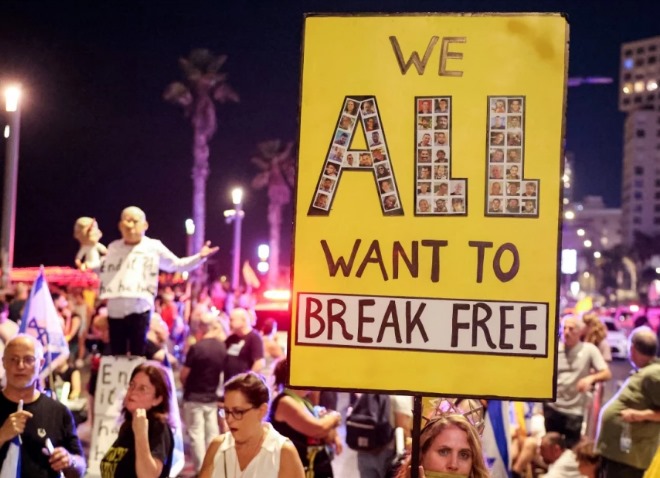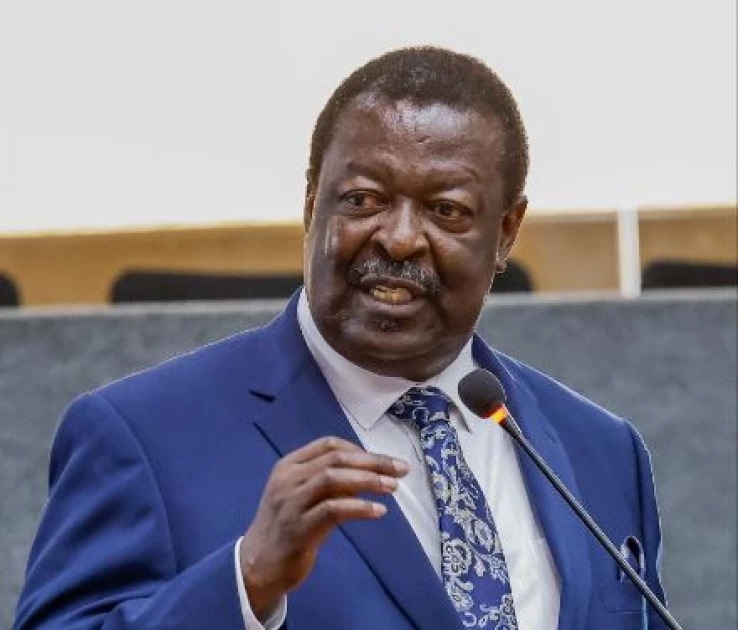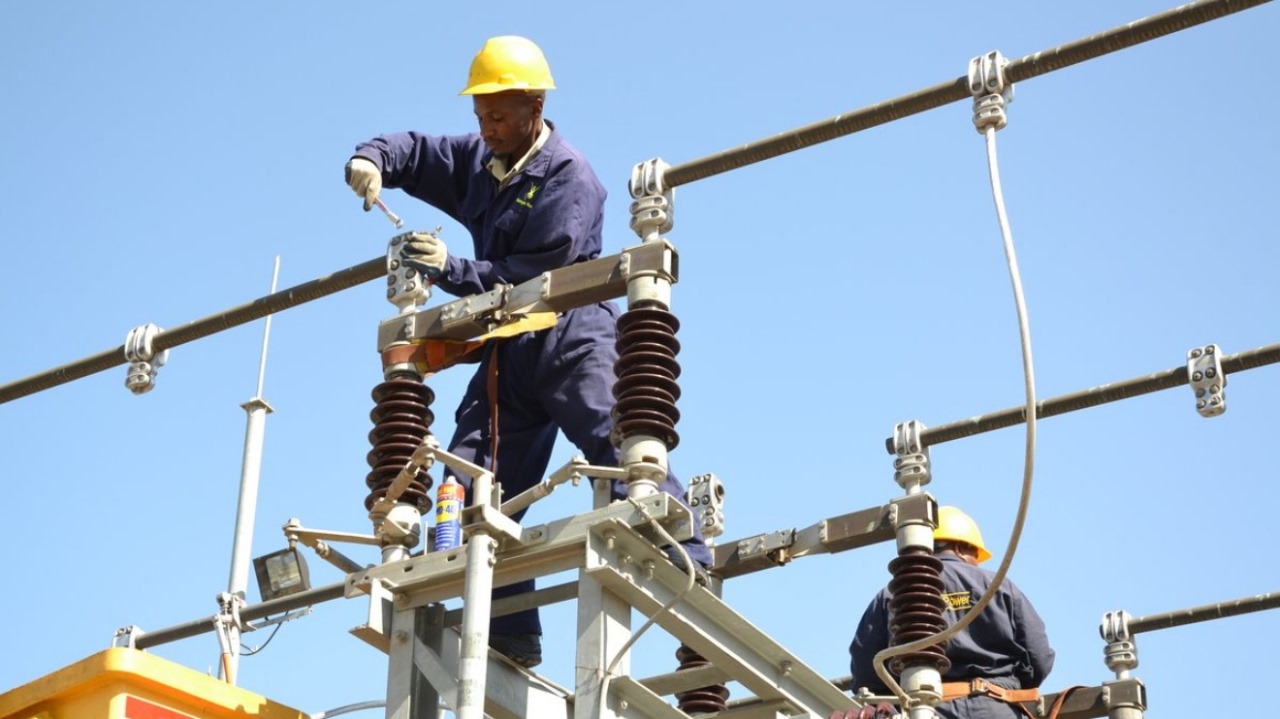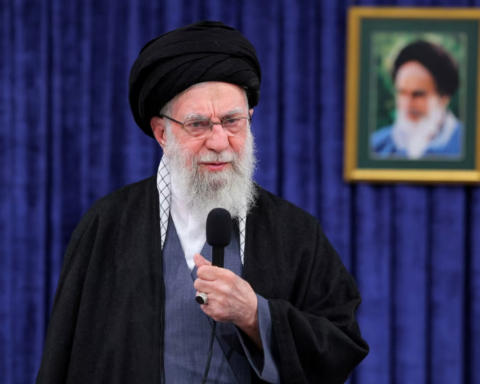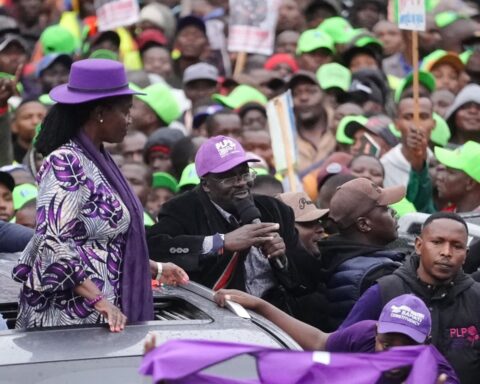In a move that has drawn both cautious praise and skepticism, Israel has declared a “tactical pause” in parts of Gaza to allow humanitarian aid to reach civilians facing extreme food shortages and worsening health conditions.
The announcement follows growing international pressure, as the death toll in the war-ravaged territory continues to climb and starvation looms over hundreds of thousands of residents.
According to the Israeli Defense Forces (IDF), the pause will be enforced along a designated corridor in southern Gaza daily between 8 a.m. and 7 p.m., allowing for the safe delivery of humanitarian supplies, including food, water, and medical aid. The IDF stressed that this pause is not a ceasefire, but a temporary measure intended to ease humanitarian access without halting ongoing military operations against Hamas militants.
The announcement comes amid disturbing reports from aid organizations, which warn of a deepening humanitarian catastrophe in Gaza. The United Nations has repeatedly sounded the alarm over the risk of famine, citing the near-collapse of basic services, destroyed infrastructure, and blockaded aid routes.
“For many in Gaza, this is not just a pause in fighting, it is a lifeline,” said a spokesperson from the World Food Programme. “But access must be consistent, safe, and expanded.”
In response to logistical challenges, several countries have also initiated airdrops of food and medical supplies to desperate communities cut off by the conflict. Images of parachutes carrying life-saving aid have flooded social media, painting a grim picture of Gaza’s reliance on emergency relief from the skies.
While some see the tactical pause as a step toward alleviating suffering, others argue it falls short of what is needed: a permanent ceasefire and political resolution. With trust eroded and tensions high, the humanitarian window may offer brief relief, but the long-term solution remains as elusive as ever.
